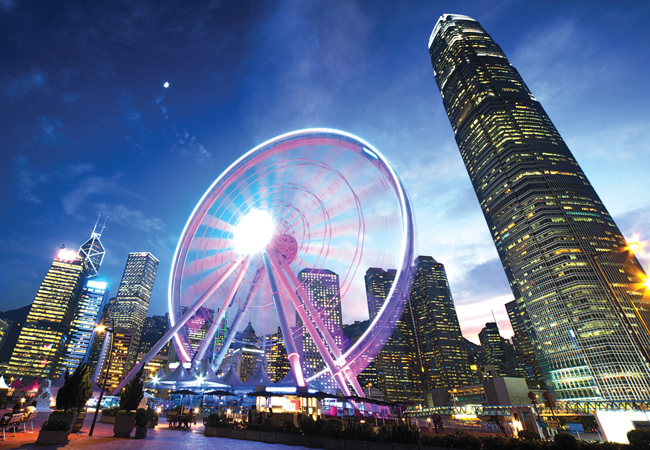
The first global conference of the CIBSE Young Engineers Network (YEN) was held in Hong Kong last autumn. It offered delegates from the host city, and UK, Ireland, Dubai, Australia and New Zealand a chance to find out about building services in Hong Kong and China through site visits and technical seminars.
Hywel Davies, CIBSE technical director, set the tone for the week by emphasising that engineering was a global industry. ‘Engineers need to provide the world’s population with shelter to live and work, and these buildings need heating, cooling and ventilation,’ said Davies, who reminded delegates that they were also responsible for lighting, power, safe drinking water and sanitation.
The engineers discussed how YEN could support people within the industry – from trainees to those aiming for chartered status – shared their BIM experiences, and explored policies for reducing carbon emissions.
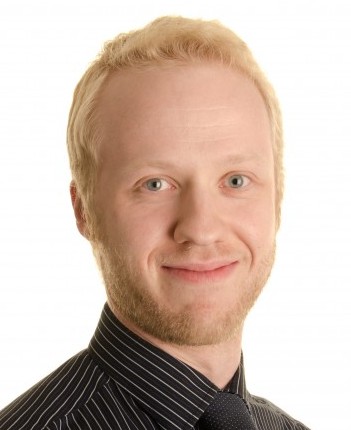
What was the most inspiring thing about the visit to Hong Kong?
Seeing commercial and residential buildings of such incredible scale. I am used to seeing large industrial buildings in my day job, but the thousands of skyscrapers in Hong Kong, and the massive hotels and casinos in Macau, were a real eye opener.
What did you learn from other YEN members?
Learning about the diverse backgrounds of other YEN chairs and vice-chairs, and sharing our experiences, was interesting. Comparing and contrasting how we do things is vital, so we can improve the way we run our regions in the face of challenges, including being volunteer-run societies.
How different was Hong Kong from your home country?
This was my first time in Asia and I loved it so much that I booked a holiday to Asia shortly afterwards. Compared with the UK, Hong Kong was a very hectic place – but, in many respects, it was quite westernised, so the culture didn’t feel particularly alien.
What would you say to others thinking of joining YEN?
Do it without question; over the past few years I’ve gone from organising local events for 20 people to travelling to the other side of the world and representing the institution and my profession internationally – what more could you want?
How does your employer benefit from your involvement with YEN?
They don’t necessarily see direct business benefit, however, since the trip, I have been more inspired and motivated to expand my horizons at work and beyond – and a happy worker is a productive worker!
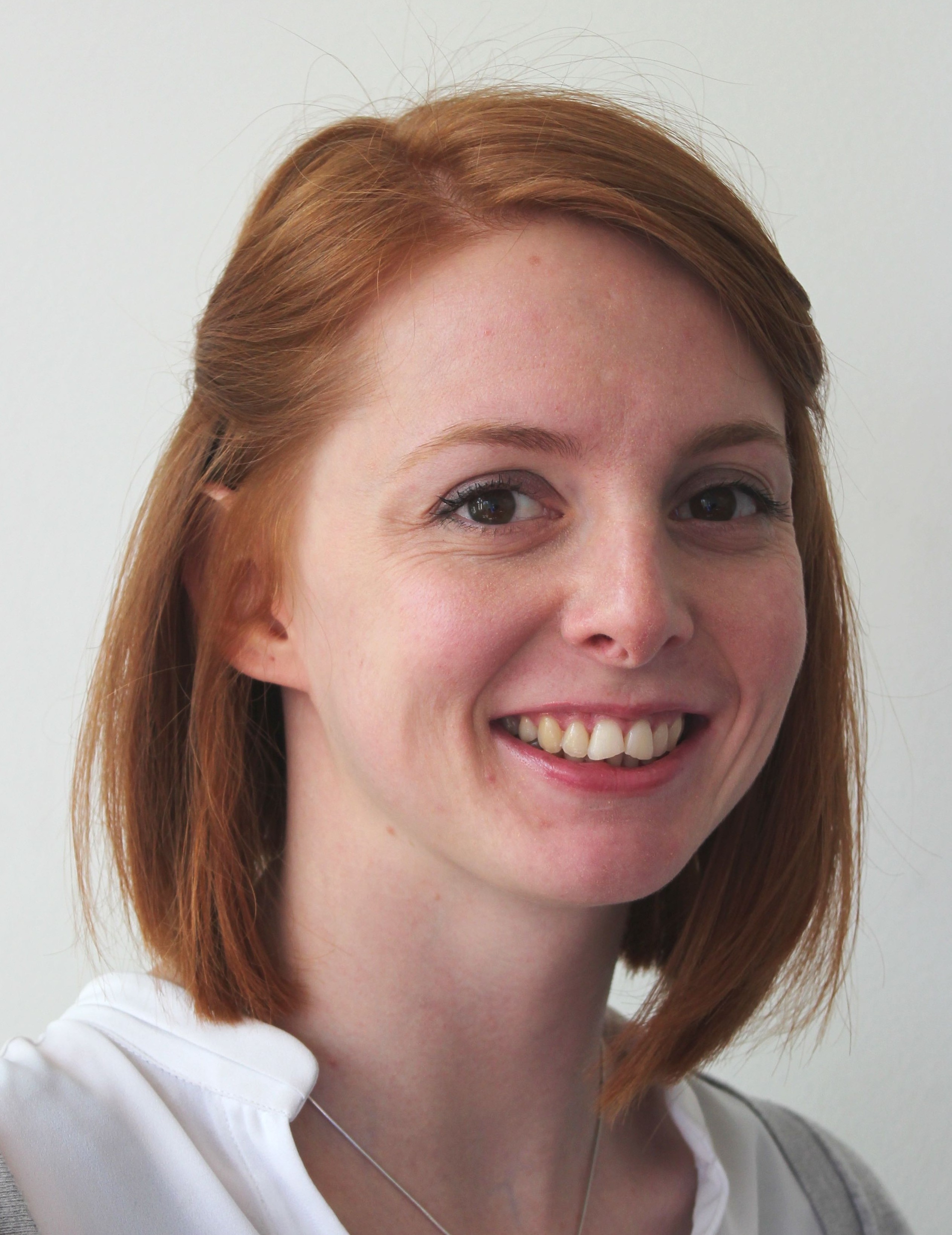
What was the most inspiring thing about the visit to Hong Kong?
After overcoming the scale of the skyscrapers in Hong Kong and the casinos in Macau, I learned that the design consultants of those building services systems still have a presence on site, to ensure optimum efficiency and operation of the plant – something that seems invaluable when we strive to have a more sustainable approach to design. We should inherently be aware that building design doesn’t stop at handover.
What did you learn from other YEN members?
It was encouraging to meet so many of my contemporaries – who have a great enthusiasm for YEN – and get their insight into the best way of engaging with the region.
How different was Hong Kong from your home country?
Geographically, Hong Kong is very different from the UK, and this has a huge influence on the built environment. Only 35% of the territory’s landmass is developed. Unlike the UK, where there is a horizontal sprawl between towns, Hong Kong is built vertically to make the most of its precious land.
What would you say to others thinking of joining YEN?
It is a fantastic opportunity to meet likeminded emerging professionals and to develop your confidence within the industry. Technical events, debates and conferences encourage conversation on what being a building services engineer is all about.
How does your employer benefit from your involvement with YEN?
The experiences I had – and lessons I learned – during the global conference, and my involvement in the South West Region, have been invaluable opportunities to further my development as an engineer.
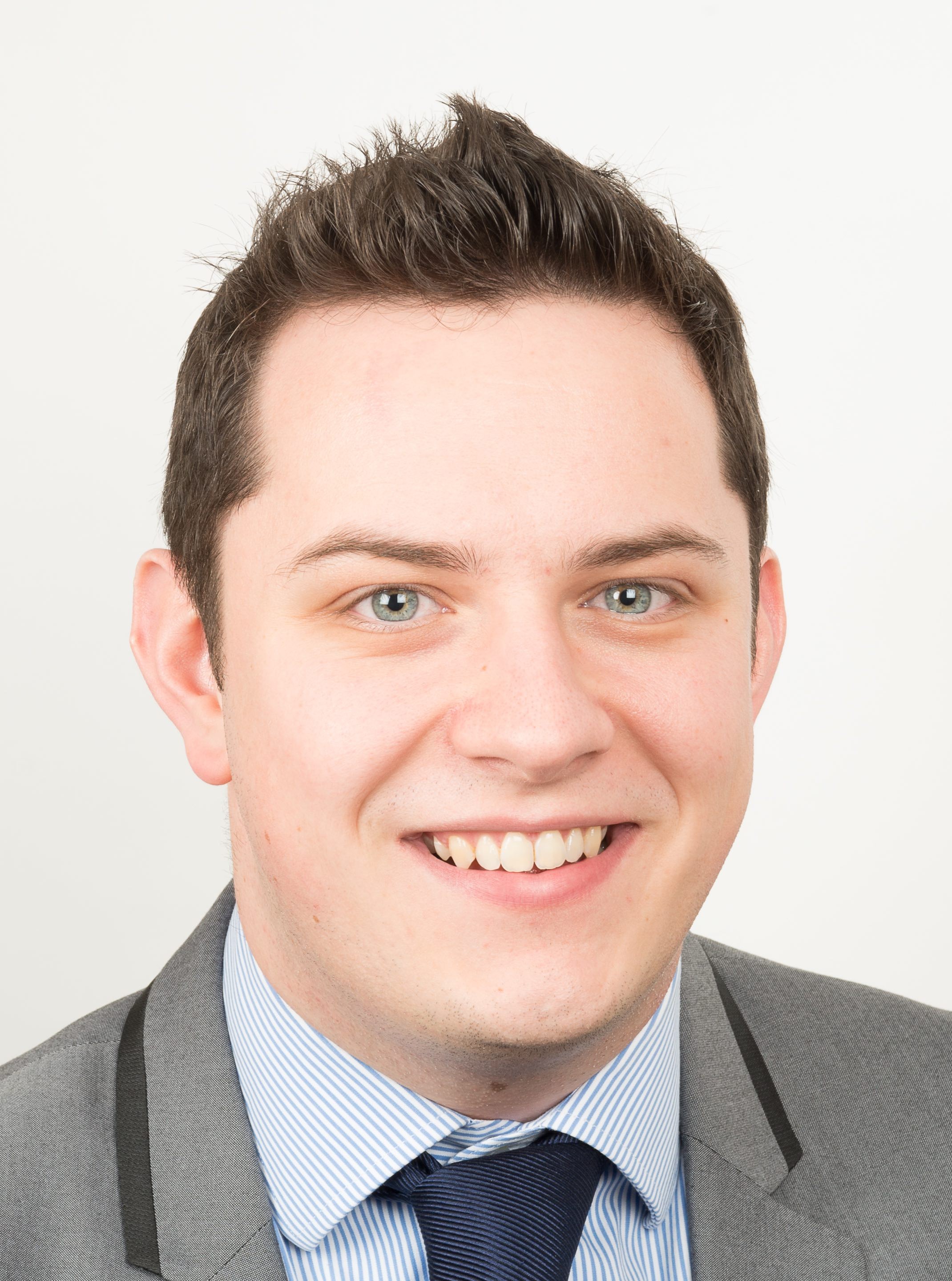
What was the most inspiring thing about the visit to Hong Kong?
The technical site tour of the EMSD Kai Tak district cooling plant was particularly interesting. With a capacity of 284MW of cooling, the project is larger than London’s Olympic Park, which has 46.5MW of district heating and 16MW of district cooling. Kai Tak is to be connected to a development of around 60 buildings on a single brownfield site.
What did you learn from other YEN members?
That the role of building services engineers varies around the world. The energy efficiency and carbon footprint reduction schemes in different countries was particularly interesting, sparking debate among delegates about the benefits of each system.
How different was Hong Kong from your home country?
In Hong Kong, building services design challenges are often around scale. High-rise buildings are everywhere and there are 1,200 skyscrapers. We learned that the cooling capacity of the ICC – the tallest building in Hong Kong with 88 lifts – is larger than that at London’s Olympic Park.
What would you say to others thinking of joining YEN?
YEN is a fantastic resource for engineers starting their career. Events offer targeted information about systems and technologies,as well as soft skills, such as networking.
How does your employer benefit from your involvement with YEN?
I have become more confident about networking, meeting etiquette and delegation. Hong Kong renewed my awareness of the lifecycle of buildings, and the energy efficiency gains available through managed operation and well-designed controls.
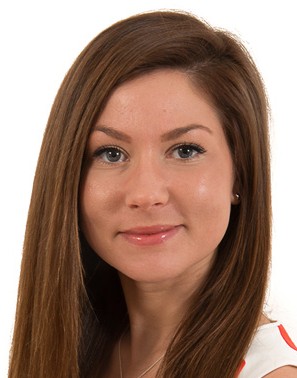
What was the most inspiring thing about the visit to Hong Kong?
The enormity of the skyscrapers, and the individuality of each building; we were having dinner on the 13th floor of the Mega Box – which looked out over the city – and I was in awe of how each building created a visual stamp on the cityscape.
What did you learn from other YEN members?
How business is done in other countries, and the expectations of young engineers. In Hong Kong, it is a lengthy process for engineers to develop and gain esteem, often long after they have obtained chartership. Whereas in the United Arab Emirates, for example, there is a bigger drive for young engineers to take up senior positions earlier in their career, when they are given more responsibility.
How different was Hong Kong from your home country?
I found the culture to be very different; I liked the respect and appreciation that young people in Hong Kong have for their seniors – a trait we are losing in British culture.
What would you say to others thinking of joining YEN?
Not just YEN, but the industry in general will give you an incredibly diverse career. It will open up opportunities for working internationally, and enable you to make a difference.
How does your employer benefit from your involvement with YEN?
The conference, which I organised, has given me professional confidence, as well as an understanding of the different business practices globally.
View from Hong Kong
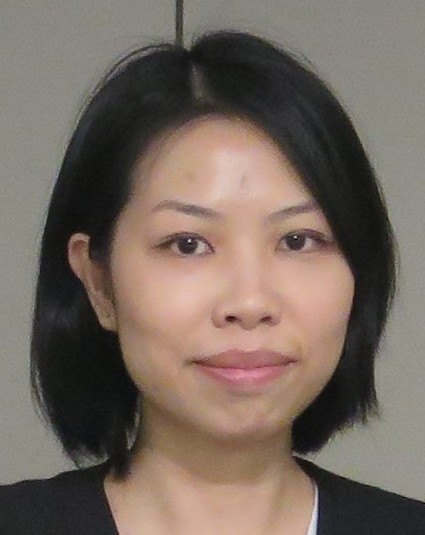
It was great to meet young engineers from different regions. It is important to come together so we can share ideas, knowledge and experience and understand cultural differences.
Hong Kong is a unique, beautiful place – we have so many different building types in such a small area. For designers in Hong Kong the challenge is to design building services systems in high-rise buildings in such a densely- populated area.
Working from Hong Kong there is the opportunity to work in manny other markets in the region, including China, the Philippines, India and Dubai.
I have great memories of the conference. On behalf of Hong Kong YEN we are delighted that the delegates enjoyed the conference, and learnt so much from their visit to Hong Kong.
An employer’s view – JDP on how David Mather benefited from the Hong Kong trip
We thought the CIBSE YEN Conference would help David learn about the approach to M&E design in another country, potentially inspiring him to come up with fresh ideas. Dropping him into a different business environment should both challenge and reaffirm the ideas he has developed throughout his career and education. The conference programme and the opportunity to network with other young engineers from around the world would also allow him to reflect on his knowledge and help build his confidence further.
We try to develop our young engineers into rounded individuals, so we realised this experience would benefit both David and JDP – and, ultimately, our clients.
History of CIBSE YEN in Hong Kong
The CIBSE Young Engineers Network in Hong Kong – formerly known as the Young Members Group (YMG) – was established in September 2001. Its aim was to meet the needs and interests of local young members of CIBSE, and offer them the opportunity to liaise with other professional institutes through young members organisations.
The idea of setting up CIBSE YMG was first mooted at the Hong Kong Branch committee meeting on 14 May 2001, and a CIBSE YMG task force was set up on 17 September to bring this about. In 2011, YMG was renamed and YEN was created.
CIBSE Hong Kong Branch YEN now has around 25 committees and more than 400 members, all of whom are graduates and students.
On behalf of HK YEN, we are glad that all the delegates enjoyed the conference. It was great to meet young engineers from different regions, and to share our ideas, cultural differences, work experiences and knowledge.
